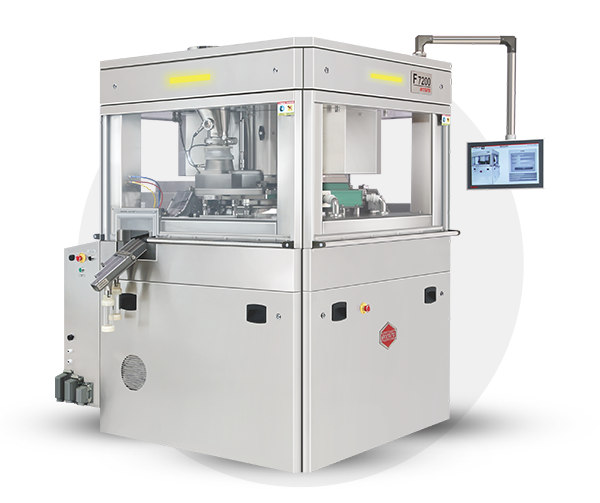Rotary tablet press machines are crucial for large-scale tablet production, widely used in the pharmaceutical, nutraceutical, and chemical industries. Known for their efficiency and precision, these machines have revolutionized tablet manufacturing, ensuring high-speed production while maintaining tablet quality.
In this comprehensive guide, we'll delve into what a rotary tablet press machine is, how it operates, its benefits, applications, and some frequently asked questions about its use and maintenance.
What is a Rotary Tablet Press Machine?
A rotary tablet press machine is a mechanical device used to compress powder into tablets at high speed. It features a rotating turret with multiple sets of punches and dies, enabling the machine to produce multiple tablets simultaneously. This design makes it ideal for large-scale manufacturing, significantly boosting productivity compared to single punch presses.
How Does a Rotary Tablet Press Machine Work?
The working principle of a rotary tablet press is based on continuous rotation and compression. Here’s a step-by-step explanation:
- Powder Filling: The powder or granule mixture is fed into a hopper and then transferred into the die cavity. The machine ensures consistent and even distribution of the powder to maintain uniform tablet weight.
- Die Filling:The die cavity is filled with a precise amount of powder, which is essential for maintaining consistent tablet weight and quality.

- Compression:As the turret rotates, the upper and lower punches move into position and apply pressure to compress the powder within the die, forming a solid tablet. The compression force can be adjusted based on the tablet's requirements.
- Ejection: After compression, the lower punch moves upward to eject the finished tablet, and the process continues seamlessly for high-speed production.
Key Features of a High-Speed Tablet Press
- Multiple Punches and Dies: A rotary tablet press machine has several sets of punches and dies, which rotate continuously. This design allows for the simultaneous production of multiple tablets, making it highly efficient for large batches.
- High-Speed Production: With the ability to produce thousands of tablets per hour, high-speed tablet press machines With the ability to produce thousands of tablets per hour, high-speed tablet press machines are the go-to choice for large-scale manufacturers.
- Adjustable Compression ForceThe compression force can be fine-tuned to ensure tablets have the desired hardness and thickness, which is crucial for quality control.
- Automation and Control Systems:Modern automatic tablet press equipment comes with advanced automation features, such as touch-screen controls, automated weight adjustment, and real-time monitoring of tablet quality.
- Compact Design:Despite their high-speed capabilities, many rotary tablet presses are designed to be compact, saving valuable floor space in manufacturing facilities.
Advantages of Using a Rotary Tablet Press Machine
- High Efficiency: The ability to produce multiple tablets simultaneously significantly reduces production time and increases output.
- Consistent Quality: The automated controls and precision of a rotary tablet press ensure each tablet has a uniform weight, thickness, and hardness.
- Versatility: These machines can handle a wide range of tablet shapes and sizes, making them versatile for various applications.
- User-Friendly Interface: Modern machines feature intuitive interfaces, making it easier for operators to set parameters, monitor production, and perform maintenance.
- Reduced Waste: The precise powder filling and compression mechanisms minimize material waste, making the production process cost-effective and eco-friendly.
Applications of Rotary Tablet Press Machines
- Pharmaceutical Industry: The primary use of rotary tablet press machines is in pharmaceutical manufacturing, where they produce medicinal tablets efficiently and with high precision.
- Nutraceuticals: These machines are also used to compress vitamins, minerals, and herbal supplements into tablets.
- Food Industry: Tablet compaction machines are employed to produce candies and chewable tablets.
- Chemical Industry: They are used to compress various chemical compositions into tablet form for industrial applications.

